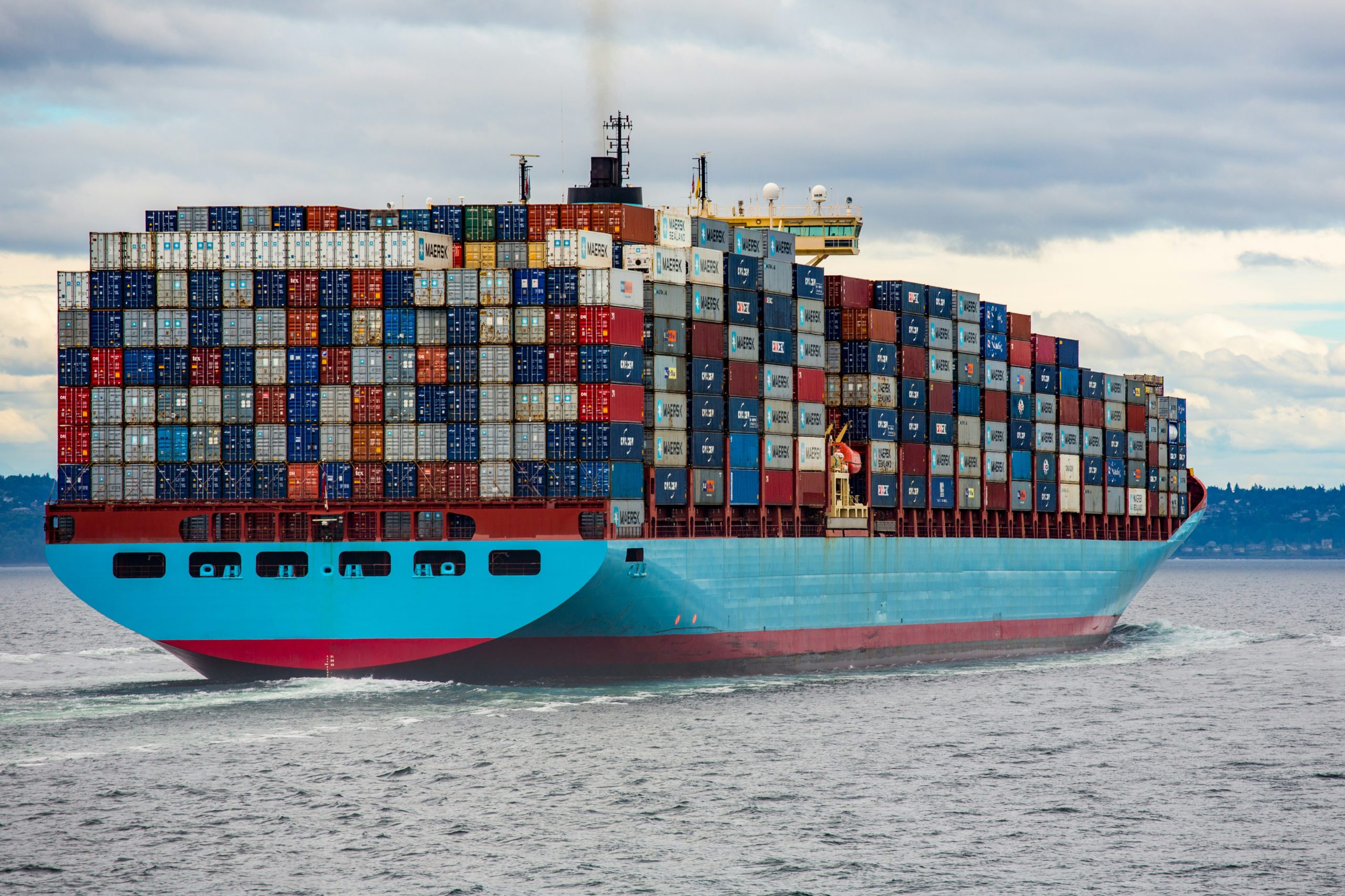
From Carrots to Sticks, to Carrots Again? The EU’s Changing Sustainable Trade Agenda

- Energy and climate,
- EU economic affairs,
- EU institutional affairs,
- Europe in the World,
- Internal EU policies,
Although sustainability criteria include references to human, social and labour rights as well as broader environmental concerns, this policy brief will focus on measures related to carbon emission reduction in relation to the Paris Agreement. This policy brief consists of three parts. First, there will be an overview of how Trade and Sustainable Development (TSD) chapters have gained prominence in European Free Trade Agreements. The second part will be dedicated to the autonomous, unilateral EU initiatives the Carbon Border Adjustment Mechanism (CBAM) and the Corporate Due Diligence Directive (CSDDD). To conclude, there will be a brief analysis of how the EU is working within a multilateral setting on the issue of climate change.
In 2015, the United Nations adopted the 2030 Agenda for Sustainable Development, a landmark framework renowned for its far-reaching vision encompassing 17 Sustainable Development Goals (SDGs) and 169 targets. These goals collectively constitute the “universal policy agenda,” aiming to address global challenges and foster inclusive economic growth. Notable among these goals is the promotion of sustainable international trade, identified as a pivotal policy instrument contributing to overarching SDGs. The 2030 Agenda positions international trade as “an engine for inclusive economic growth and poverty reduction” while actively contributing to the broader pursuit of sustainable development.
CLICK “VIEW PDF” BELOW FOR ACCESS TO FULL POLICY BRIEF
(Photo credit: Ian Taylor, Unsplash)